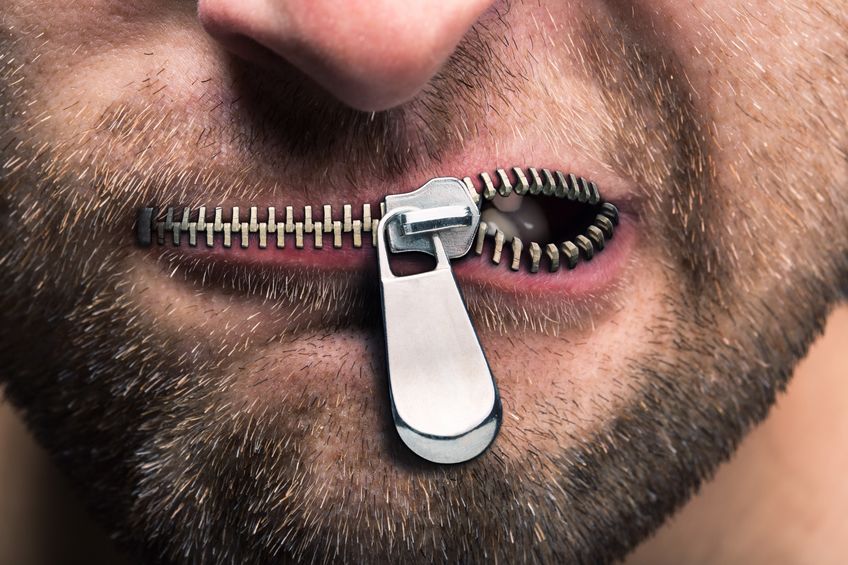This last week, among the usual product announcements, IPOs, cybersecurity warnings, and so on, were sprinkled several stories orbiting around the problem of content control: governments, businesses, platforms, and consumers all trying to find ways to prioritize information so that the “good” stuff is surfaced and the “bad” stuff is suppressed, while trying to preserve intellectual and commercial freedom, whatever the scope is in that particular environment. There are no answers here, but it’s worth checking in to see the different approaches to try, where they go right, and where they have the potential to go very wrong.
- Instagram will begin blocking hashtags that return anti-vaccination misinformation (The Verge) “The news comes as Facebook has been under increasing pressure to remove anti-vaccine propaganda from its network of sites, where its recommendation algorithms have helped to create large audiences for the hoaxes.”
- Putin signs “Internet sovereignty” bill that expands censorship (Ars Technica) “Centralizing control over Internet routing in Russia also gives the Russian government stronger powers to monitor, control, and censor its own population’s Internet use. In an extreme case, it could allow the government to cut Russian Internet users from external sources.”
- Amazon mistakenly told some sellers that it’s now blocking ads with ‘religious content’ (CNBC) “Multiple sellers have seen their product ads get suspended in recent months for having language about religion… These sellers were told by email that their ads were getting blocked due to a ‘new policy update’ at Amazon which bans any ad that contains ‘religious content.'”
- Europe Is Reining In Tech Giants. But Some Say It’s Going Too Far (New York Times) “Heralded as the world’s toughest watchdog of Silicon Valley technology giants, Europe has clamped down on violent content, hate speech and misinformation online through a thicket of new laws and regulations over the past five years. Now there are questions about whether the region is going too far, with the rules leading to accusations of censorship and potentially providing cover to some governments to stifle dissent.”
From the Ohio Web Library:
- Whyte, Chelsea. “AI Can’t Stop Violent Video Going Viral.” New Scientist, vol. 234, no. 3123, Apr. 2017, p. 25.
- Galvin, Gaby. “Trolls, Bots and Anti-Vaxxers.” U.S. News – The Report, Aug. 2018, p. C39.
- Leung, Hillary. “Singapore Is the Latest Country to Propose Tough Legislation Against Fake News.” Time.Com, Apr. 2019, np.


